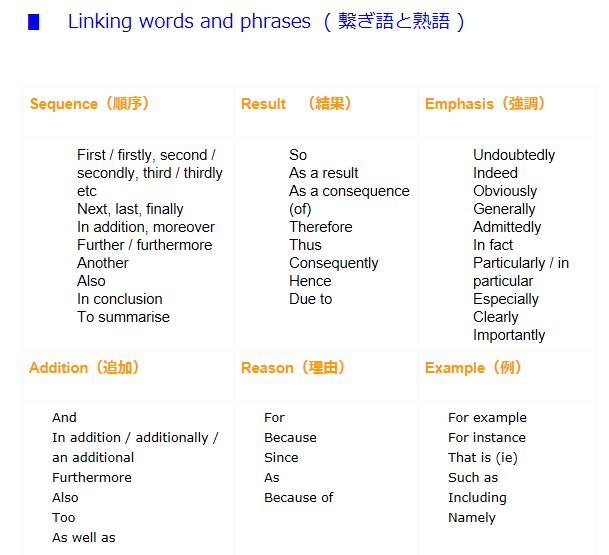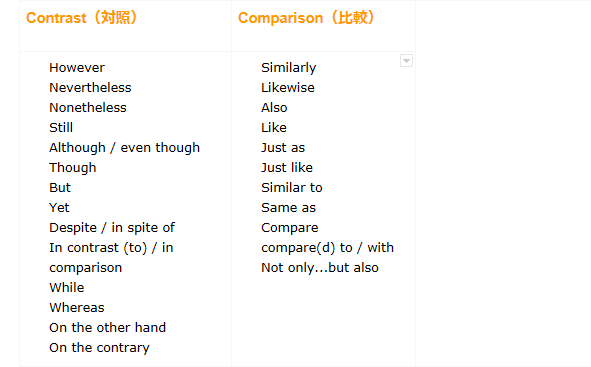IELTSスピーキング 試験官はここをチェックしている!- 法助動詞

Grammatical Range and Accuracy 文法力と正確さ
┃「 法助動詞」を使う Modal Verbs
IELTS Speakingは次の4つの基準で採点されます。
- 流暢さと内容の一貫性(Fluency and Coherence)
- 語彙力(Lexical Resource)
- 文法の知識と正確さ(Grammatical Range and Accuracy)
- 発音(Pronunciation)
ここでは、3つ目の採点基準『文法の知識と正確さ(Grammatical Range and Accuracy)』
modal verb 法助動詞について解説します。
▮ 法助動詞 の活用は IELTSスピーキングでは必須です!

IELTS スピーキング テストでは、高得点を取る秘訣の一つに、Modal Verbs( 法助動詞)を
積極的に活用する手があります。
Modal Verbs(法助動詞)とは、will,must,can,may,might,should などで、話し手の気持ちを述べる助動詞と言えます。
Modal verbsを使うと、現実や事実そのものではなく、頭の中で「できる/ありえる/そうしなくてはいけない」などと考えたことを表すことができます。
Modal Verbs はIELTSスピーキング Part3 の中でよく使われます

IELTS スピーキング Part 3 では以下のような質問に対し、受験者が英語圏の大学生のように話せるかが試されます。
● Do you agree that ...?
● How have ...changed recently?
● What are popular ...in your country?
┃ 試験官がチェックしているポイント
☑ 推測する (例:将来について)
☑ 評価する (良いか、悪いか、そしてそれはなぜか)
☑ 物事について説明する(例: あなたの国で人気のある行事)
☑ 提案する (例:問題の解決策)
☑ 意見を述べる (賛成か、反対か、その理由)
☑ 比較対照する (例:男性と女性、若者と老人、過去と現在など)
☑ 詳細を述べる
☑ 例を挙げる(例:あなたの国で人気のあるスポーツなど)
受験者の考えや、予想、提案などを試験官に正しく伝えるために、Modal Verbsを
上手に使いこなすことが必要になります

これだけは覚えたい Modal Verbs (法助動詞)
▮ 可能性・推量を表す補助動詞― 話し手の個人的な判断を述べる
● can / could の注意すべき用法
can と could には可能性・推量(~はありうる、~かもしれない)の用法があります。この用法では、canも couldも現在の可能性・推量を表すことができますが、canのほうが高い可能性を、could のほうが低い可能性を表すときに使います。
Anybody can make mistakes.
誰だって間違いはありうる。
The light in the sky could be a plane.
空のあの光は飛行機かもしれない。
● may / might の注意すべき用法
may / might には推量(~かもしれない)の用法があります。might を使うと
mayよりもやや可能性が低いことを表すことができます。
We may have some rain tomorrow.
明日はいくらか雨が降るかもしれません。
He might come to the party with his wife.
彼は奥さんといっしょにパーティーに来るかもしれません。
● will / would の注意すべき用法
will / would には推測(たぶん~だろう)の用法があります。would を使うと
willよりも控えめでていねいな言い方になり、willよりも自信のなさを表すことができます。
Joe will be busy now.
ジョーは今忙しいだろうね。
That would be the best solution.
それがたぶん一番よい解決策だろう。

▮ 補助動詞 + have + 過去分詞
過去のことに関する現時点での推量や、過去の行為に対する非難や後悔を表す
≪過去のことに関する推量≫
● may [might ] have + 過去分詞 (~したかもしれない/~だったかもしれない)
You may have heard this joke before.
この上段は前に聞いたことがあるかもしれませんね。
The keys might have fallen out of your pocket.
カギはあなたのポケットから落ちたかもしれませんね。
● could have + 過去分詞 (~したかもしれない/~だったかもしれない)
He could have left his umbrella in the shop.
彼はその店に傘を忘れたのかもしれない。
● must have + 過去分詞(~したに違いない/~だったに違いない)
過去のことに関する確信
He must have told me a lie.
彼は私にうそを言ったに違いない。
● should[ought to] have + 過去分詞(きっと~したはずだ)
The game should[ought to] have started at noon.
正午にはその試合は始まっていたはずだ。
● cannot[can’t] have + 過去分詞(~したはずがない/~だったはずがない)
He cannot have accepted your plan.
彼があなたの計画を受け入れたはずがない。
She couldn’t have noticed the difference.
彼女がその違いに気が付いたはずがない。
≪過去の行為に対する非難や後悔≫
●should have+ 過去分詞 ~すべきだったのに(実際はしなかった)
you should have got up at seven.
あなたは7時に起きるべきだったのに。
need not have + 過去分詞 ~する必要はなかったのに(実際にはしてしまった)
You need not[needn’t] have bought so much meat.
そんなにたくさんの肉を買う必要はなかったのに。






































